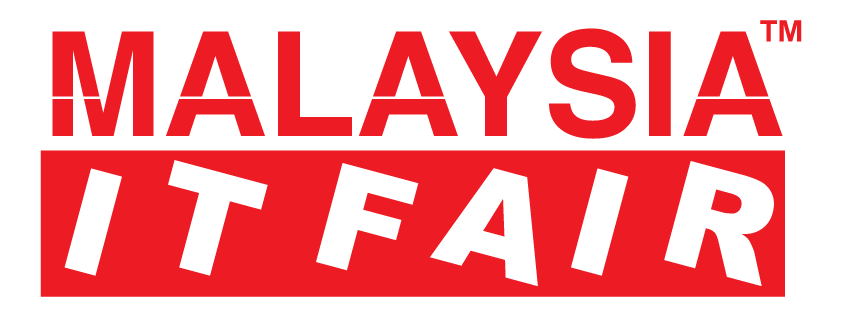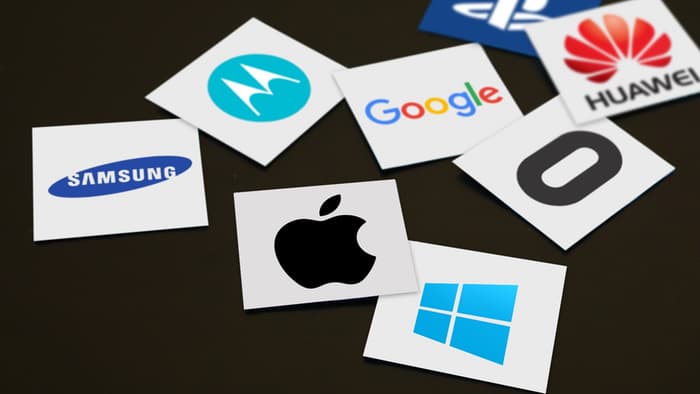Predicting unannounced products is something of an art form, combining equal parts pattern analysis, rumor mill watching and old-fashioned logic and imagination. While there’s no way to paint a Rembrandt-like picture of 2016’s biggest consumer tech until the big companies have already rolled out their holiday lineups, we can at least draft up an impressionist portrait, visible brush strokes and all. With half the year in the books, let’s look at the big-ticket consumer gear we’re most psyched about seeing in the second half of 2016.
Moto Z
We already saw one modular phone this year, but the LG G5 was a little hit and a lot of miss. Motorola’s take looks simpler and more elegant: take ridiculously thin smartphone, snap one of many modular shells onto backside, enjoy brand new look or functionality.
These Moto Z “Mods” can add anything from the practical (extra battery life) to cosmetic (new colors and materials) to the insanely niche (a friggin’ 70-inch projector). We have some reservations about the Verizon timed exclusivity and we don’t yet know how much the phone and mods will cost, but if nothing else the Moto Z is likely to be the boldest flagship smartphone we’ve seen in years.
Updated MacBook Pro
This one relies solely on the rumor mill (well, and the fact that the current MacBook Pro’s design hasn’t seen a major update in four years), but we could be looking at a redesigned MacBook Pro later this year. Leaks (which were rounded up nicely by 9to5Mac) point to a possibly thinner design, Touch ID and an OLED touchscreen strip that will flash customizable Fn buttons above the keyboard.
Apple’s current pro-level notebook is still our top pick in this class, but with some of the most exciting recent innovation in this space coming from Windows 2-in-1s, a fresh look and new features would go a long ways towards cementing Apple’s top-dog status.
iPhone 7
Speaking of Apple, a new iPhone is always going to be one of the most asked-about new gizmos in any given year. Strangely enough, this year’s Apple rumor scuttlebutt is pointing towards a second consecutive minor refresh on the 2014 iPhone 6 design, with a more significant upgrade coming as the 10-year anniversary iPhone in 2017. Expect subtle upgrades with this year’s models, like an improved camera, faster performance and new colors. Oh, and you can probably kiss the headphone jack goodbye as well.
Samsung Galaxy Note “7”
Samsung’s stylus-laden phablet should be getting its annual refresh before long as well. We could see a dual-curved display (familiar from the Samsung Edge series of phones), Snapdragon 820 chip and IP68 water resistance.
You may remember that last year’s model was called the Galaxy Note 5, but Samsung is rumored to be skipping the “6” to bring the new model onto even branding ground with the Galaxy S7.
New Microsoft Surfaces
Rumors have been silent as the grave on this one (these days, Microsoft is one of the better companies at keeping secrets), but going off of annual release patterns, we’d expect to see a Surface Pro 5 and Surface Book 2 around October. Your guess is as good as ours as to what these will offer, but upgraded Intel processors would be a given. 8 GB RAM in the base model would be a nice upgrade for the Surface Pro 5 as well, with usual suspects like longer battery life and perhaps a lighter/thinner build and improved display rounding out our wishlist.
Nexus phones
Leaks have pointed to HTC parterning with Google for the 2016 follow-ups to the Nexus 6Pand Nexus 5X. Expect a similar pattern to last year’s pair: mid-ranged bargain phone sitting next to high-end flagship, both priced more aggressively than most of their competition. And of course it will all be in the name of showcasing Android N.
Daydream VR
At Google I/O, the company announced its new mobile VR platform, Daydream. Google says we’ll see hardware later this year from both OEM partners and Google itself, suggesting there may be hope yet to see that rumored standalone VR headset.
Unfortunately the Daydream platform doesn’t currently support any positional (body) tracking, and appears to only support one motion controller (rather than a more logical pair), so we’re likely looking at a compromised virtual reality experience compared to the high-end HTC Vive and Oculus Rift.
Gear VR 2
We’re betting on Samsung and Oculus coming out with an updated Gear VR for the Galaxy Note 7. The fact that the phablet is likely to use a USB-C port practically necessitates this, as the current Gear VR only supports a microUSB connection.
The million dollar question is whether this will be a minor compatibility-only update, or whether it will introduce new features. Positional tracking and motion controls (that’splural, Google) would be the most obvious upgrades, but who knows if John Carmack and company have cracked that nut yet.
Oculus Touch
The Oculus Rift launched earlier this year as a somewhat incomplete product, with its launch games only supporting gamepad controls (which usually means sitting in a chair, like you’d do while playing a regular console game). Oculus’ excellent Touch controllers, which give you hands inside virtual worlds, will make the Rift portrait more complete sometime in the second half of the year.
Without something like the Vive’s Chaperone system, though, Oculus Touch will never safely support room-scale VR, so even after Touch launches the Rift’s furthermost frontier will be standing VR.
PlayStation VR
While we’re on the subject of VR, the first console-based headset is launching on October 13.
The ducks are lined up for Sony to have VR’s biggest mainstream success, standing on the shoulders of those millions (upon millions) of PS4s that are already in gamers’ homes all over the world. But in our demos, we were extremely disappointed with how poorly Sony’s PS Move controllers translated into VR. Their accuracy, latency and ergonomics are nowhere near the levels of the Vive controllers and Oculus Touch. Consider this a risky US$399 bet.
PlayStation 4.5 (“PS4K”)
Sony is also working on an upgraded PS4 console to launch sometime around (or perhaps a little after) PlayStation VR. Upgraded internals would go a ways towards boosting PSVR’s raw capabilities (the current PS4 leans towards mid-ranged VR, compared to the high-end Vive and Rift). But unless it’s accompanied by upgraded motion controls, PSVR’s biggest problem will still be dangling in the air.
Of course the new PS4 would also allow for upgraded traditional gaming experiences, serving as a mid-cycle upgrade for the most popular console. In today’s world of annually-refreshed mobile devices, it makes sense that the old six- or seven-year console lifespan is now a thing of the past.
Xbox One S
This one is purely a cosmetic upgrade, but Microsoft is also launching a new Xbox Onelater this year with a slimmer profile. The “real” Xbox One upgrade (ye of greater horsepower) isn’t coming until late 2017.
Google Home
It’s an Amazon Echo copycat and it’s made by Google. Normally that wouldn’t be anything to write home about, but the thought of combining the hands-free and eyes-free convenience of Echo with Google’s superior virtual assistant (previously Google Now, but now just called Google Assistant) makes Google Home worth keeping an eye on.
Apple Watch 2
The Apple Watch hasn’t exactly set the world on fire the way Apple had hoped, but it is easily the most popular smartwatch – and has the best wearable app ecosystem. That’s fertile ground for a knockout second-gen model.
It will be interesting to see exactly how Apple innovates with the second-gen follow-up, expected sometime around the iPhone 7 announcement in September. Will we see a thinner design? More advanced health-tracking features? Alternate styles with round screens? No matter what, Apple would be wise to take a bold and decisive step forward here, with the product (and smartwatches in general) needing a shot of adrenaline to take a prominent seat at the consumer tech table.
Huawei Watch 2
As far as we know, there hasn’t been any confirmation that this one is in development, but a follow-up to our favorite smartwatch of 2015 – to go along with the new Android Wear 2.0– would be welcomed. Perhaps standalone cellular, provided it doesn’t add any bulk, would be the big lust-worthy feature.
Lenovo Phab2 Pro
When you think of augmented reality, you probably picture glasses or a headset. But Google and Lenovo are trying to get a jump on that by putting crazy-smart AR capabilities into a smartphone. The Tango-enabled Phab2 Pro can map a room and put virtual AI objects or characters, which react to its real terrain and proportions, inside of it. If nothing else, it’s a furniture shopper’s (or dinosaur fan’s) dream phone.
Sources : gizmag





















